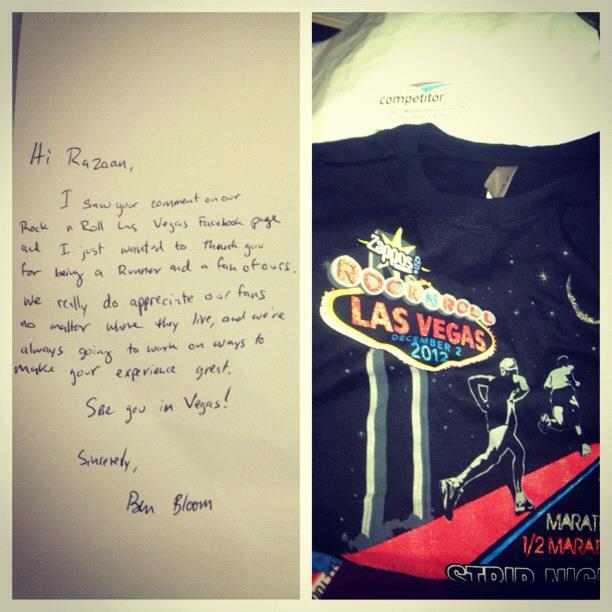Enjoyed reading the interview of Cisco CEO John Chambers in the NYT, and I'm glad to take away this point about hiring. I've been on my share of interviews, but I have not been asked this question, which Mr. Chambers says is one of his barometers for successful candidates:
Who are the best people you recruited and developed, and where are they today?
Most organizations expect leaders to recruit and retain high-performing employees, and the question of "What do you look for in a new hire?" might seem to substitute for this. Judgements about teambuilding style are important, but I think Mr. Chambers question gets at 2 critical issues: Success at maintaining a professional network and generostiy of character.
Maintaining a Professional Network
In an age where workers change jobs more frequently, perhaps every 2-3 years, By the age of 40 most of my peers will have had a half-dozen or so jobs. Some of them may have been self-employed for some of that time. They'll very likely have left companies a few times. I'd look to hire employees who left on a positive note and are able to grow and maintain professional relationships; these are the people who are feeding new information to your potential new hire, and who may be the key to new business opportuntiies or partners. While sales professionals may be expected to "bring a rolodex" across jobs, we're all smarter for the people we know and connect with.
Generosity of Character
The ability to nurture someone else's career and to sustain a professional relationship over time, even across different firms, also speaks to a generosity of character that I think goes along with a successful employee. If you've hired a young whippersnapper and helped them to become a stronger employee, I know exactly how you will approach junior tema memebers of my company, and that you will contribute to their success as well. Clearly, you're focused on helping the orgainzation succeed, not just watching out for your bonus.
A lesson for me
The best people I ever hired have gone on to great jobs in finance, venture capital/private equity, IT consulting, academia, and marketing. I can name many people I would be pleased to have define my role as manager over the years, and that's just off the top of my head. I wish I kept better track of them, and I will make an effort to do so.
Who have you hired? Did they make a difference for your organization?

